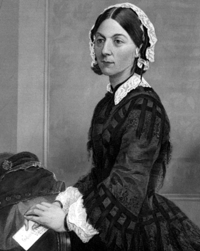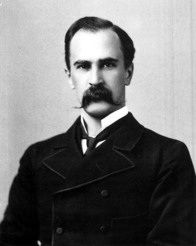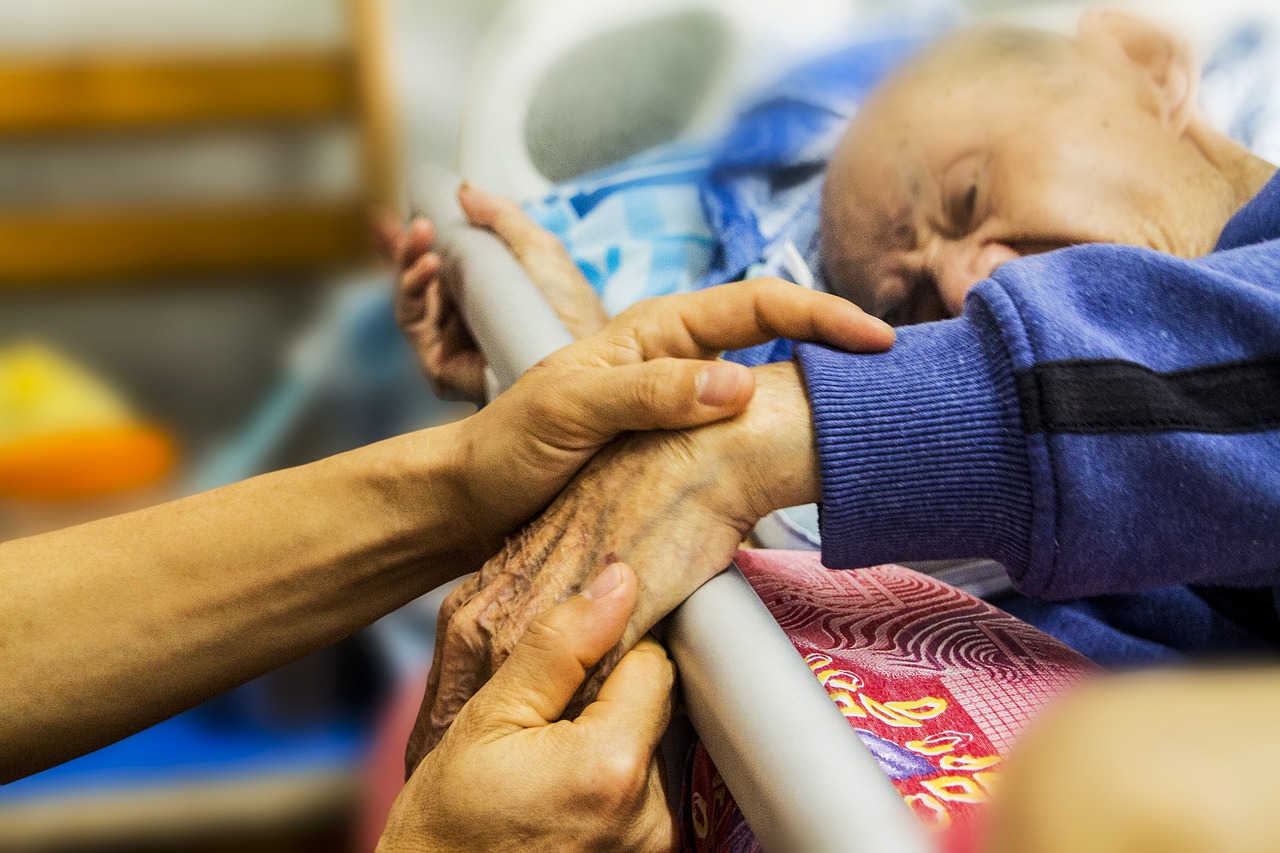Looking Back to Look Ahead: 5 Iconic Caregivers Throughout History
The definition of a “caregiver” is “a person who provides direct care (as for children, elderly people or the chronically ill).” From such a simple description, it naturally follows that the task of caregiving has existed since humans first walked the earth. However, despite the passage of time, no one can deny the scope of responsibilities of a caregiver and the struggles involved in maintaining the wellbeing of your loved one as well as your own.
Nevertheless, one thing that history can help us with is learning from the successes and mistakes of others. To give some inspiration to caregivers with loved ones at Crossroads Hospice and elsewhere, here are five iconic caregivers throughout history and what we can learn from them.
1. Hippocrates
Born in 460 BC, Hippocrates was an ancient Greek physician who is widely regarded as the “Father of Medicine.” Although the facts of his life and accomplishments are somewhat obscure, he did “shift healthcare out of the realm of religion and superstition and into the sphere of science.” He also founded a medical school and inspired the Hippocratic Oath, a pledge taken by newly qualified doctors that promises ethical behavior toward patients.
Many of Hippocrates’ findings and beliefs are applicable to caregivers today including the idea of the “healing power of nature,” which includes a good diet, cleanliness, fresh air and rest.
2. Florence Nightingale

The founder of modern nursing, Florence Nightingale came to prominence for ministering to soldiers in Turkey during the Crimean War. Nightingale, along with a team of nurses, improved the unsanitary conditions and reduced the death count by two-thirds.
Due to spending her night rounds giving personal care to the wounded, she soon came to be known as the “Lady with the Lamp.” If anyone should be considered an inspiration for dispensing loving care with exemplary dedication, it is certainly Nightingale.
3. Sir William Osler

Sir William Osler was a 19th-century Canadian physician who’s frequently described as the “Father of Modern Medicine.” As one of the four founding professors of Johns Hopkins Hospital and its first Physician-in-Chief in 1889, he revolutionized the American medical curriculum when he created the first residency program for specialty training of physicians. He was also one of the first to teach medical students at the bedside rather than in the lecture hall.
Beyond reminding caregivers to maintain a sense of humor, Osler was also known to say, “Listen to your patient, he is telling you the diagnosis,” a reminder to caregivers that listening should always be a priority.
4. Anne Sullivan
You probably know Anne Sullivan from her work with Helen Keller, a deaf and blind child that Sullivan taught to communicate with others. At 21 years old, Sullivan traveled to Tuscumbia, Alabama, to work for the Keller family. Demonstrating “great maturity and ingenuity” in breaking through the sensory walls around Helen, Sullivan helped her learn nearly 600 words and how to read Braille within several months. News of her success with Keller spread, bringing both women much acclaim. Sullivan would continue to help Keller for years to come, helping her graduate college and write her autobiography.
5. Mother Teresa
At age 18, Mother Teresa became a nun. After teaching in India for 17 years and taking on the title of “Mother” upon making her final vows, she experienced a “call within a call’ to devote herself to aid the sick and poor. Her congregation, the Missionaries of Charity, would go on to establish a hospice, an orphanage, centers for the blind, aged and disabled, and a leper colony among other international charitable foundations. Her humanitarian work led her to receive the Nobel Peace Prize in 1979; she was beatified in 2003, six years after her death.

In the end, a caregiver’s responsibilities may be daunting, but keeping in mind what those caregivers who came before us accomplished and the lessons they learned would ultimately help us keep things in perspective and do the best job we can.
Furthermore, each of these caregivers has been recognized for the significant contributions that they have made in the world of caregiving. It is, however, important to remember that changing and making better the life of just one person is equally important. Caregivers take on one of the noblest tasks in the world that can seldom be repaid. Thank you, to each of our caregivers, for the large contributions you make in the lives of others every day.
For more caregiver inspiration, check out the rest of our Family and Caregivers blog.
If you found this information helpful, please share it with your network and community.
Copyright © 2015 Crossroads Hospice. All rights reserved.




